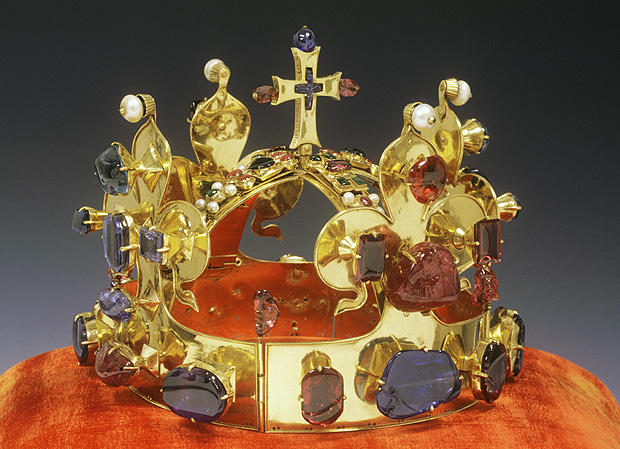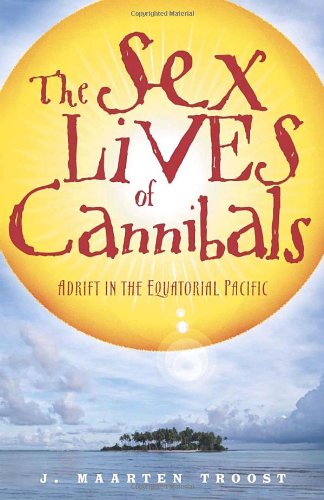The occasion is the 700th anniversary of the birth of Charles IV, King of Bohemia from 1346 and Holy Roman Emperor from 1355 until his death in 1378. Born into the Luxembourg dynasty, with a Czech mother, he was responsible for Prague’s Golden Age, building, among other things, the famous bridge and university named for him.
In keeping with centuries-old tradition laid down by Charles IV, the crown jewels only go on display for special occasions. The previous three times, it was for the election of a new president, combined with other celebrations. That's about once every five years, so the crowds are huge when you can view them.
I managed to see them in 2003, but I had to stand in line all day. It’s mainly for Czech citizens, since the Crown of St. Wenceslas is such an important symbol of statehood, and international tourists are often put off by the long waits. Putting the jewels on permanent display, but “The Castle” resists. It's hard to deny Charles' wishes.
Still, a set of imitations is available year-round. And this season, if you don't catch the real deal by 29 May, you can still view a special exhibit called “The Sceptre and the Crown: Charles IV and the Bohemian Royal Coronation.” It contains relics such as the crown worn by Bohemian queens, and a Gothic orb and mace which were replaced in the 18th century by newer ones fashioned with precious gems matching those in the crown.
This exhibit is housed in the Hradčany’s Royal Stables – which is not used for horses any more but for temporary exhibits and concerts. It closes on 28 September, the Feast of St. Wenceslas, appropriately.
Here’s some info in English about Prague events celebrating Charles IV at 700, at "Charles' Prague" site and the Castle site.



 RSS Feed
RSS Feed